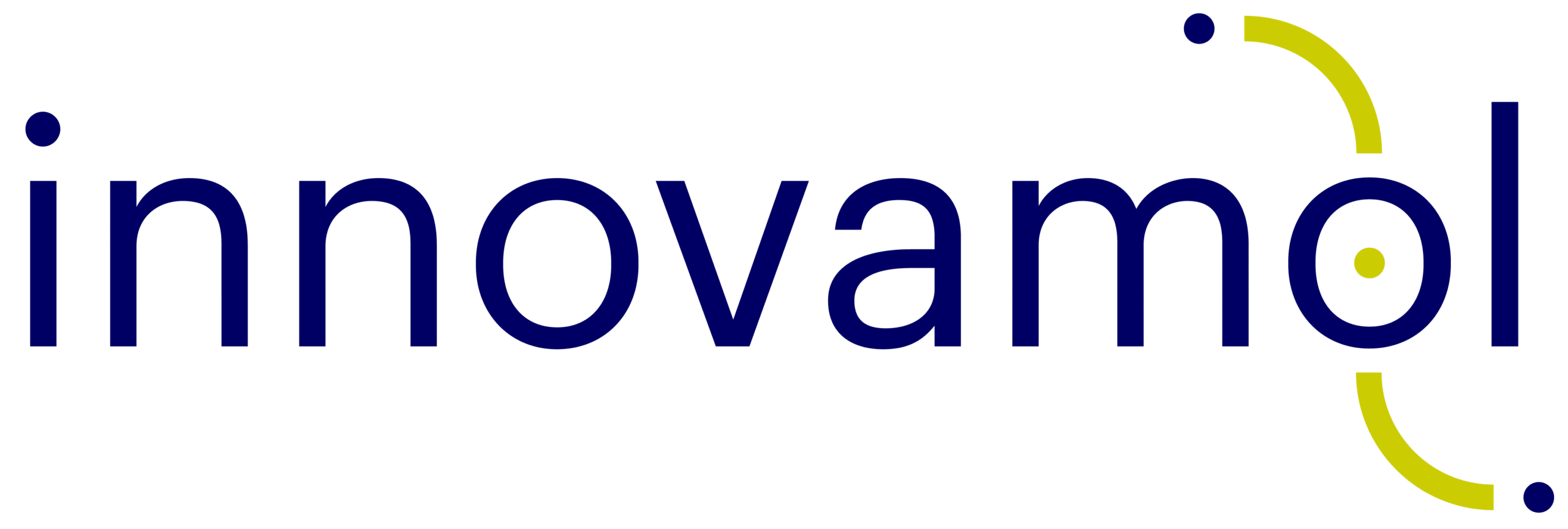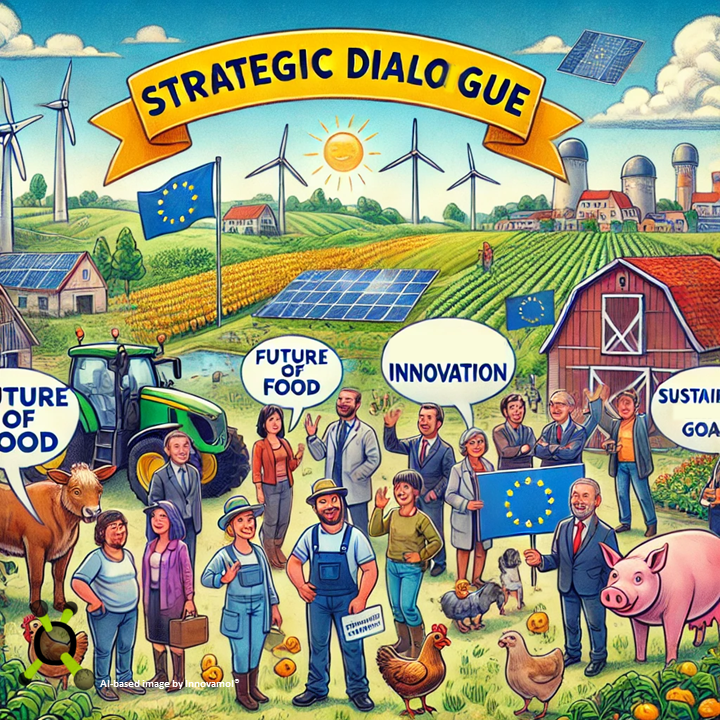Innovamol’s team has recently worked on an deep dive on the European Commission’s Strategic Dialogue on the future of agriculture in the European Union, as it represents a pivotal shift in the EU’s approach to sustainable food systems, aiming to balance economic resilience with environmental care. Building on the Green Deal and the Farm to Fork Strategy, this initiative brings together key stakeholders—including Member States, industry representatives, and NGOs—to shape a comprehensive vision for the future of agriculture and food policy in Europe. Central to this dialogue is the recognition that systemic changes in agriculture are crucial in order to face climate change, biodiversity loss, and public health concerns while ensuring that European farmers remain competitive on the global stage (European Commission, 2024).
One of the most significant outcomes of the dialogue is the emphasis on enhancing animal welfare standards and reducing environmental impacts through innovative farming practices. The report highlights upcoming policy changes, such as the potential ban on caged farming and the reduction of antimicrobial use in livestock, which directly align with the European Food Safety Authority’s (EFSA) core mission to ensure food safety and public health. These measures are part of broader Common Agricultural Policy (CAP) reforms aimed at supporting farmers in adopting sustainable practices that contribute to healthier food systems, while also meeting the expectations of increasingly environmentally conscious consumers (Compassion in World Farming EU, 2024).
Another key focus of the Strategic Dialogue is the integration of new technologies, such as precision agriculture and New Genomic Techniques (NGTs), to enhance productivity and sustainability across the agri-food chain. CropLife Europe has advocated for a science-based regulatory framework to facilitate the adoption of these innovations, which could significantly reduce the reliance on chemical inputs like pesticides. However, stakeholders also stress the importance of balancing innovation with environmental safeguards to ensure that technological advancements do not come at the expense of ecological health (CropLife Europe, 2024). This presents an ongoing challenge for policymakers as they navigate the complex interplay between innovation, sustainability, and food security.
Looking ahead, the European Parliament and the incoming senior administration of the European Commission are expected to play a crucial role in translating the dialogue’s recommendations into actionable policies. The creation of a European Board on Agri-food (EBAF) has been proposed to facilitate continuing stakeholder engagement and ensure that policy developments remain inclusive and evidence-based. As Europe aims to establish a resilient and sustainable food system, it is imperative that these policy changes reflect a comprehensive approach, addressing the needs of farmers, consumers, and the environment alike (DG Agri, 2024).
This work was carried out under a contract with the European Food Safety Authority (EFSA), EFSA/2023/OP/0007 (OC/EFSA/ENREL/2023/01). The opinions expressed are solely those of the contractor and do not represent the official position of EFSA. If you are interested in these kind of works or topics get in touch with us!
For readers which are interested in exploring these findings and more in detail, the full report is available at the following links.
“Non c’è progresso senza dialogo, né futuro senza una visione condivisa” (There is no progress without dialogue, nor a future without a shared vision) – Antonio Gramsci

